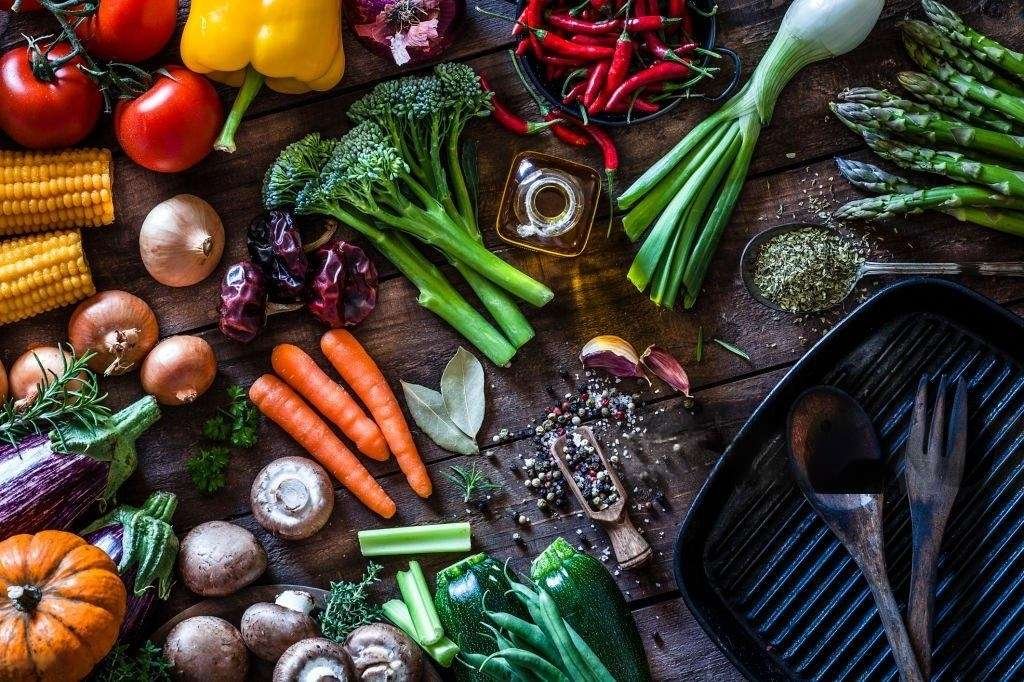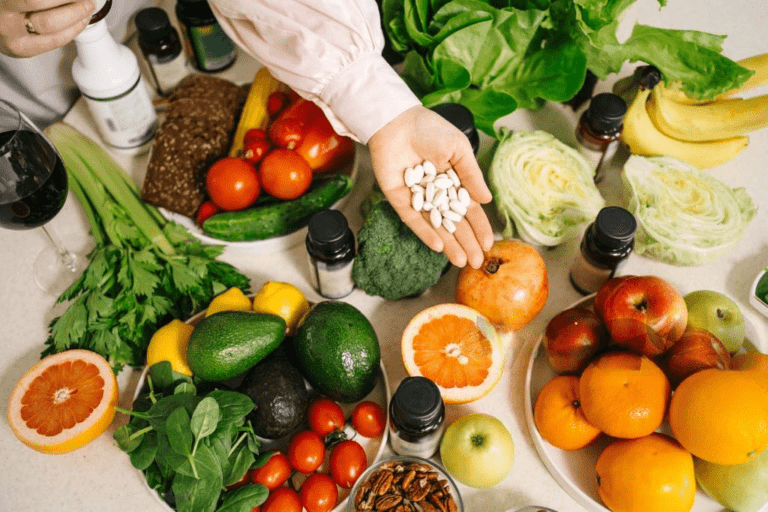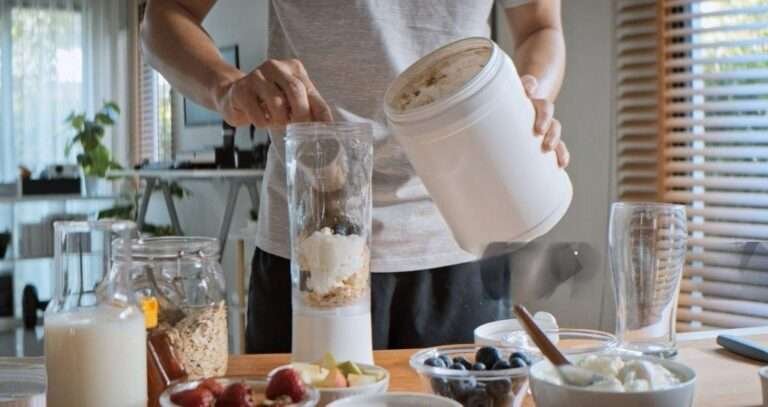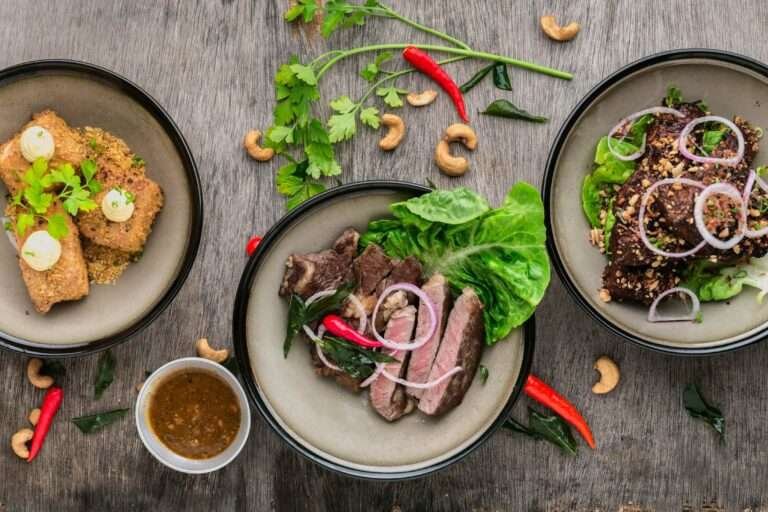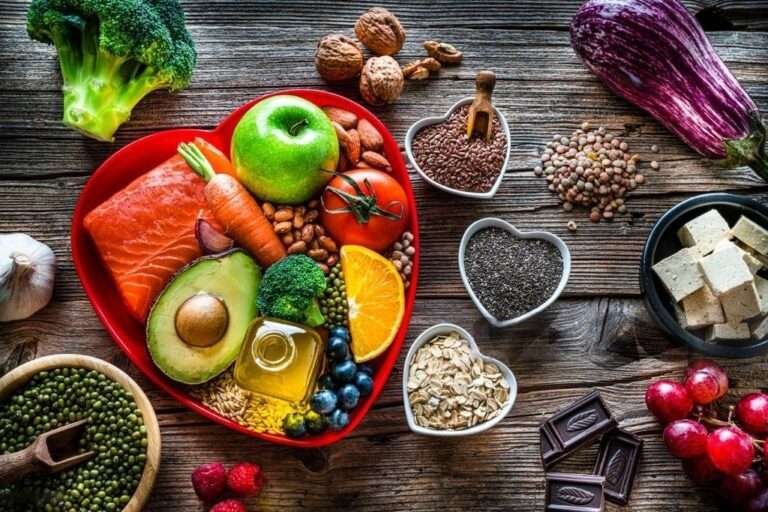Essential Iron Intake for Boosting Energy and Enhancing Health
Why Iron Intake is So Important
Iron is an essential mineral for human health, required mainly in the form of hemoglobin — a protein that transports oxygen from our lungs to tissues throughout the body. Iron deficiency anemia, or inadequate iron intake to create needed red blood cells can lead to weakness (due in part because of lower oxygen flow) and weak immunity. Knowing the importance of iron intake in your body and keeping it at optimal levels through diet makes a huge difference to your general well-being energy-wise as well.

Iron Plays Crucial Role in Daily Diet
Iron is an essential thing for the human body and not just in carrying oxygen. Among other things, it plays a key role in energy production, proper muscle function, and the synthesis of certain hormones and connective tissues.
What to Eat for a Healthy Pregnancy 6; Water/Apps and Iron-Rich Foods
Iron is an essential mineral to prevent a lack of it, e.g. iron deficiency, and including several different sources from your diet will help you maintain healthy levels as well the benefits associated with this micronutrient so important in human health. We compiled a list of some great reads, here:
Especially red meat and poultry: Heme iron sources like these have a better bioavailability than non-heme iron.
Fish / Seafood – Consider fish items like salmon, and tuna are all rich in heme iron.
Legumes: Legumes, especially lentils and beans are perfect for vegetarians/vegans as they have non-heme iron which is not as bioaccessible but still it helps proper levels of Fe.
Vegetables High in Iron Leafy greens: Spinach, kale, and Swiss chard are great sources of iron for vegans.
Iron-added cereals and grains: Lots of breakfast cereal and also grains are fortified with iron to assist meet your day-to-day consumption.
How Energy Levels Are Affected by Iron
The importance of Iron for energy metabolism It is a constituent of the muscle protein myoglobin, and it can be found in energy-producing enzymes. Having an iron intake is essential as it prevents fatigue, increases stamina, and boosts over vitality in the body. This renders it very crucial for individuals to have an on-the-go life or even in case they experience high levels of mental and physical exertion.
Iron Supplementation: What Is the Right Dose?
Diet sources are the best means of getting iron, but some people may need to supplement, in particular those with conditions that increase iron requirements or decrease absorption. These high-risk individuals are e.g. pregnant women, patients with gastrointestinal disorders, and frequent blood donors. Nonetheless, iron supplements should be consumed in consultation with a healthcare provider as excessive intake of this compound may cause toxicity resulting in liver failure or even heart attacks.

Ways to Improve Iron Utilization
Optimizing the bioavailability of iron can have a big impact on how much your body absorbs. So some sure-fire tactics are:
Pairing iron vitamin C: Vitamin C boosts non-heme iron absorption greatly. Some citrus fruits, tomatoes, or bell peppers can be eaten along with iron-rich foods.
Inhibiting during meals: there are already substances in the food that inhibit iron absorption. Examples are the tannins in tea and coffee as well as calcium from dairy products. Replace the contents containing these items to be consumed at a different time than iron-rich meals
What You Need To Know About Anemia and Signs of Iron Deficiency
Iron Deficiency Iron deficiency symptoms can be a burden on quality of life. Identifying such early will prevent more dangerous health problems. Common signs include:
- Fatigue and weakness
- Pale or yellowish skin
- Shortness of breath
- Dizziness or lightheadedness
- Headaches
- Cold hands and feet
Brittle nails: These symptoms should prompt an evaluation of dietary iron intake and a consultation with a healthcare provider
Breaking nails: These are warning signs for low dietary iron intake and warrant a work-up as well, including assessment by your healthcare provider.
Iron Levels Should Be Regularly Monitored
Blood tests to keep track of iron levels are essential, especially for anyone who has had experiences with anemia. Together, these tests inform on how to adjust the diet and supplement protocol in a way that makes sure iron levels are high enough for all your cells.
Ultimately, iron is an essential mineral that has a hand in many functions vital to maintaining good health and optimal levels of energy. Iron is something that you can simply take for granted and be confident it will not let you down, provided of course your diet has enough rich sources as well having other strategies to improve absorption.

Faqs
What is the ideal daily iron requirement for adults?
For adult men, the recommended daily iron intake is 8 mg, while women aged 19–50 need 18 mg due to menstruation. Pregnant women require 27 mg to support fetal development. Postmenopausal women typically need 8 mg per day.
Which foods provide the highest amount of iron?
Heme iron sources like red meat, poultry, and fish are the most absorbable. Non-heme iron, found in spinach, lentils, beans, tofu, and fortified cereals, is also beneficial. Pairing non-heme iron foods with vitamin C sources like oranges or bell peppers boosts absorption.
How does low iron affect energy levels?
Low iron levels can cause fatigue, weakness, and poor concentration due to reduced oxygen transport in the blood. Severe deficiency may lead to anemia, making it harder for the body to perform daily activities efficiently.
Are iron supplements safe for everyone?
Iron supplements can help treat deficiency but are not suitable for everyone. Overuse can lead to side effects like nausea, constipation, or iron overload. Consult a healthcare professional to determine if supplements are necessary for you.
What are the risks of consuming too much iron?
Excessive iron intake can lead to toxicity, with symptoms like abdominal pain, vomiting, and liver damage. Conditions like hemochromatosis can worsen with high iron levels. Stick to recommended dosages to avoid complications.
Conclusion
Maintaining adequate iron intake is crucial for boosting energy levels and supporting overall health. By incorporating iron-rich foods into your diet and following medical advice when needed, you can prevent deficiencies and enjoy optimal well-being. Always prioritize balanced nutrition and consult healthcare professionals for personalized guidance.
Read More: Protein Shakes Boost Your Health and Fitness with Every Sip
